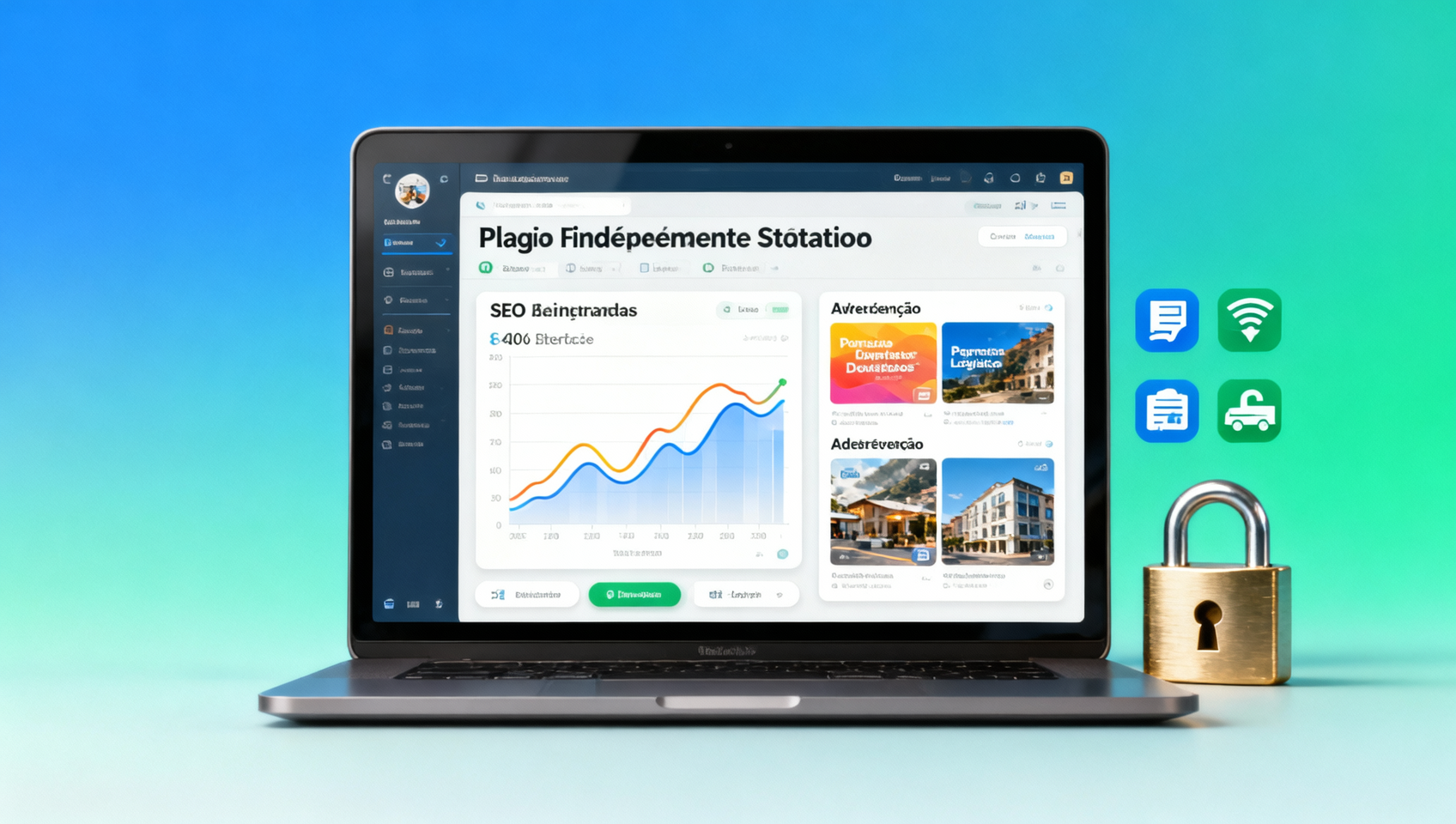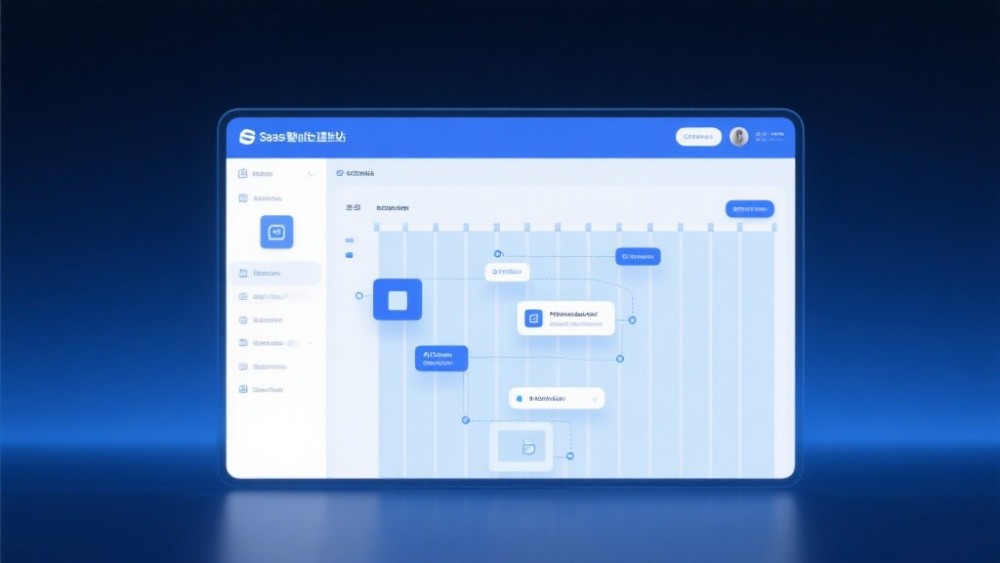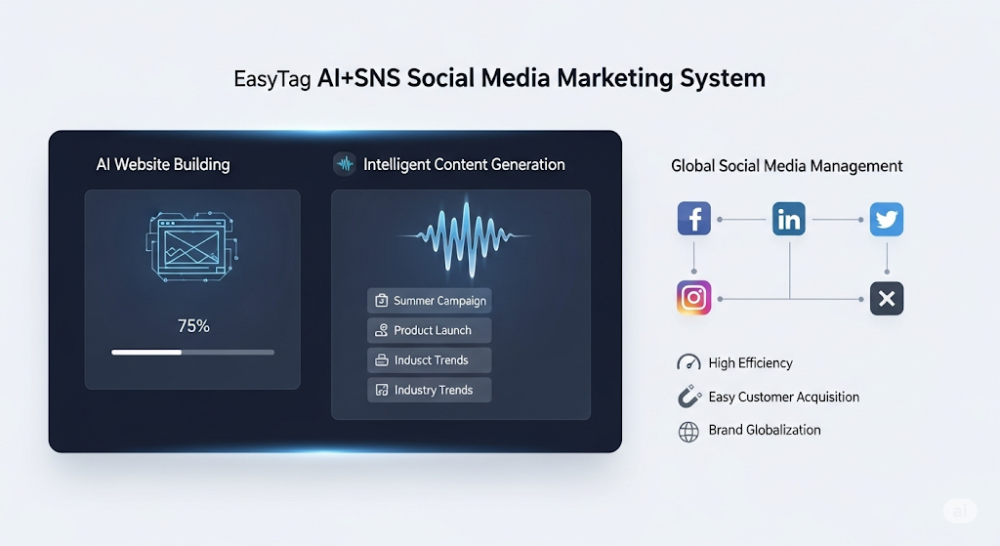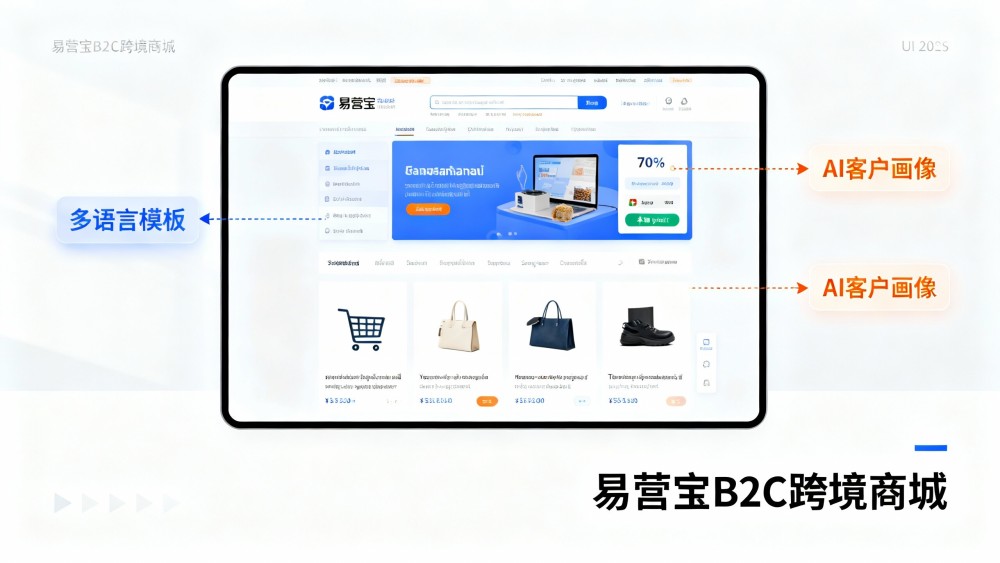- Which company is reliable for multilingual website development in Jieyang? 6 evaluation criteria and a blacklist/whitelist2026-02-25View details
- From Decision to Implementation: How Shijiazhuang Enterprises Can Align Eyingbao Smart Website Pricing Strategies with Project Management Rhythms?2026-02-25View details
- How can intelligent website building platforms achieve automatic SEO? Not all 'automatic' means compliant | 2026 search engine new rules interpretation2026-02-25View details
- B2B Foreign Trade Website Price Comparison: 2026 Pricing Overview of 5 Mainstream Systems with Multilingual Modules2026-02-24View details
- Is a multilingual website really worth it? 2026 Global Procurement Buyer Language Preference Whitepaper2026-02-24View details
- Is multilingual support for independent websites necessary? 2026 B2B export enterprise localization penetration rate data reveals the truth2026-02-24View details
Global SEO website system optimization checklist: 12 technical points to improve foreign trade traffic
Introduction
This comprehensive global SEO website system optimization checklist helps you rapidly enhance cross-border traffic and conversions with foreign trade independent site SaaS and multilingual website construction. Whether you are an information researcher or a hands-on operator, this guide focuses on actionable technical points and selection guidance, covering core dimensions such as cross-border website setup, responsive website platforms, SaaS website systems, and enterprise-level multilingual CMS to help you prioritize resolving issues related to page indexing, loading, crawling, and conversions under limited resources. It also integrates industry context, technical parameters, procurement recommendations, and case studies to form an executable roadmap for implementing multilingual foreign trade websites or cross-border e-commerce setups, breaking down the complexity of global SEO website system optimization into 12 measurable and verifiable technical points.

Definition & Overview (Definition + Application Scenarios)
By definition, a global SEO website system refers to a technical platform designed with search engine friendliness in mind, supporting multilingual and geo-targeted website solutions. It includes modules such as URL structure management, hreflang implementation, automated sitemaps, mobile optimization, CDN and caching strategies, and structured data with automated meta-tagging. Common application scenarios include: 1) Foreign trade independent site SaaS: Enabling SMEs to quickly establish independent sites and access overseas traffic channels; 2) Cross-border e-commerce platforms: Supporting multi-currency and multilingual product catalogs and checkout; 3) Localized services and O2O: Geo-targeted website solutions for branch sites or storefronts to reach local customers. For users, the focus is on quantifying multilingual SEO workflows—for example, reducing manual costs via AI keyword expansion and automated TDK generation while ensuring consistency across language versions through automated site monitoring, turning cross-border website setup from trial-and-error into a replicable standardized process.
Industry Context & Market Analysis (Market Overview + Trend & Insights)
Over the past five years, cross-border traffic has fragmented across search engines, social media, and e-commerce platforms, with user behavior becoming more segmented and mobile traffic share steadily rising. This has elevated demands for cross-border website setup regarding loading speed and multi-device consistency. Simultaneously, language coverage and geo-targeting have become key variables influencing organic traffic. In response, service providers like YING BAO Information Technology (Beijing) Co., Ltd. have emerged: Founded in 2013 and headquartered in Beijing, the company is a global digital marketing service provider driven by AI and big data. Over a decade of industry expertise, it has adopted a dual strategy of technological innovation and localized services, delivering end-to-end solutions spanning intelligent website building, SEO optimization, social media marketing, and ad placements to empower over 100,000 enterprises in achieving global growth. In 2023, the company ranked among China’s Top 100 SaaS Enterprises with an annual growth rate exceeding 30%, establishing itself as a recognized industry benchmark for innovation and growth. Aligning with market trends, its two-year roadmap prioritizes: 1) Mobile-first and AMP/MIP dual-engine strategies; 2) AI-driven multilingual content production and automated TDK; 3) Global CDN and compliant localization to ensure fast loading and privacy compliance.
Technical Performance & Parameters (Technical Performance)

Technically, an efficient global SEO website system requires nine key elements: URL and subdirectory/subdomain strategies, hreflang and language switching, server-side rendering and structured data, mobile specifications (AMP/MIP compatibility), CDN and edge caching, image and resource compression, lazy loading and critical rendering path optimization, sitemap and indexing priorities, and automated SEO monitoring and alerts. For mobile experience, adopting parallel AMP and MIP implementations significantly improves mobile search rankings and UX: Empirical data shows AMP/MIP mobile sites reduce load times to ~0.5 seconds (85% faster on average), lower bounce rates by 52%, triple page dwell time, and boost mobile conversions by 70%. Functionally, supporting standalone Google AMP multilingual mobile sites and Baidu MIP Chinese mobile sites, one-click dual-site synchronization, automated image compression and lazy loading, and built-in CDN with multi-currency checkout are core benchmarks for responsive website platforms. Aligning with the above metrics, refer to industry standards like Google Web Vitals and W3C HTML5 for prioritization. For a quick trial, explore our product demo: YING BAO AMP/MIP Mobile Intelligent Website.
Procurement Guide & Case Studies (Procurement Guide + Case Studies + FAQ & Misconceptions + Call to Action)

When selecting a solution, follow these steps: 1) Define goals—whether prioritizing traffic growth or mobile conversions; 2) Assess tech stack—support for enterprise multilingual CMS and integration with existing ERP/CRM; 3) Evaluate service capabilities—global CDN, compliance support, and localized operations; 4) Verify results—demand test sites provide quantifiable KPI improvement reports within 90 days. Case studies show foreign trade SaaS projects using AI keyword expansion + automated TDK + AMP/MIP dual-engine solutions can increase organic traffic by 30%+ within three months while reducing CAC. Common misconceptions include equating multilingual translation with multilingual SEO, relying solely on machine translation without localized glossaries, and ignoring mobile search ecosystem differences (Google vs. Baidu). FAQ for users/operators: How to quickly configure hreflang? Use enterprise multilingual CMS for automated sitemap injection and validation; How to ensure mobile consistency? Prioritize templates compliant with Google Web Vitals and Baidu MIP, enabling AMP/MIP联动监测. Why choose us? YING BAO delivers an AI-driven all-in-one smart marketing platform integrating intelligent site building, automated SEO, and social/ad management, with continuous backend iterations and partnerships with Google, Meta, and Yandex to help businesses achieve closed-loop site-traffic-conversion growth. For free diagnostics and demos, contact us for tailored solutions and trial scheduling, or visit our product page for implementation details.
- Website construction
- Platform
- Social Media Marketing
- Multilingual website construction
- Campbell (name)
- SEO
- Independent site
- SEO Optimization
- Smart Website
- Multilingual SEO
- Foreign trade independent website
- Multilingual website
- Global SEO Website System
- Geo-targeted Website Solution
- Enterprise Multilingual CMS
- Cross-border E-commerce Website
- SaaS Website System
- Responsive website platform
- Cross-border website construction
- Multilingual Website Construction for Foreign Trade
- Foreign Trade Standalone Site SaaS
- Responsive Web Design
Related Articles
![One-stop solution: How multilingual website cloud floating service providers complete demand assessment within 48 hours One-stop solution: How multilingual website cloud floating service providers complete demand assessment within 48 hours]() One-stop solution: How multilingual website cloud floating service providers complete demand assessment within 48 hours
One-stop solution: How multilingual website cloud floating service providers complete demand assessment within 48 hours![Pricing Guide: Portuguese Independent Website Construction Company - 8 Essential Services from Ground Zero to Launch Pricing Guide: Portuguese Independent Website Construction Company - 8 Essential Services from Ground Zero to Launch]() Pricing Guide: Portuguese Independent Website Construction Company - 8 Essential Services from Ground Zero to Launch
Pricing Guide: Portuguese Independent Website Construction Company - 8 Essential Services from Ground Zero to Launch![Comparison of Heyuan Multilingual Website Construction and Traditional Website Construction: SEO Performance and Maintenance Cost Evaluation Comparison of Heyuan Multilingual Website Construction and Traditional Website Construction: SEO Performance and Maintenance Cost Evaluation]() Comparison of Heyuan Multilingual Website Construction and Traditional Website Construction: SEO Performance and Maintenance Cost Evaluation
Comparison of Heyuan Multilingual Website Construction and Traditional Website Construction: SEO Performance and Maintenance Cost Evaluation
Related Products














